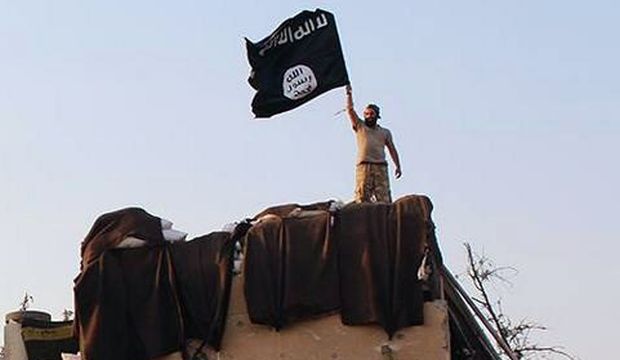It is odd that an organization that adopts an extremist ideology and is responsible for much bloodshed, such as Al-Qaeda, would feel embarrassed by another organization that outdoes it in terms of violence and cruelty, to the extent that it denounces it and distances itself from its actions. The group in question is the Islamic State of Iraq and Syria (ISIS), whose sudden emergence in the region remains mysterious. In fact, the two Islamist groups have been locked in a battle to dominate the field of terrorism, each attempting to prove they can exceed the other in terms of the number of beheadings they can carry out.
Al-Qaeda leaders belong to an older generation and are trying to bolster their presence on the scene by carrying out an operation every now and then. As for ISIS, its senior figures belong to a much younger generation who, having graduated from the “Al-Qaeda school,” have developed their terrorist ideology in more horrible and violent directions, with a more radical mentality that is satisfied with nothing less than the beheading and extermination of those who hold different opinions. Fighters affiliated with ISIS use the same methods of the drug cartels of Latin America.
No one expected that a group more radical than Al-Qaeda could emerge, only to find out later that this ideology has no limit in terms of the bloody methods it adopts. Otherwise, how could one describe the footage that shows an extremist Australian national boasting about his seven-year-old son holding aloft a decapitated head? The footage of this man has caused a commotion in Australia and represents an unprecedented level of moral degradation. In fact, the incident makes one wonder how such a lowly ideology can find its way to some of the people who espouse and justify it.
If we return to the history of extremism and terrorist organizations of all stripes, we find that unless this ideology is eradicated at the very beginning, it will, given time, produce an even more extreme version. Those affiliated with this trend compete with one another, as if they are trying to prove that they are more extreme than their predecessors and rivals. This is the case with Al-Qaeda and ISIS today.
The two organizations did not come out of vacuum. There were wider intellectual trends that acted as a breeding ground out of which emerged the so-called jihadists. The ideology of the Muslim Brotherhood, for example, was the breeding ground for organizations like Al-Gama’a Al-Islamiyya and Islamic Jihad, which later forged an alliance with Osama Bin Laden in Afghanistan. Indeed, Afghanistan was the first school of the jihadists. In reality, however, they were nothing more than instruments in the international conflict between the US and the former Soviet Union. Once that conflict ended, the terrorists hijacked and blew up airplanes, attempting to terrify the societies from which they originally came. But the international blockade imposed on them kept them at bay.
Now things have changed and the threat of these radical groups has become more serious. They have taken advantage of the vacuum that followed the political hurricane that hit the region in 2011 and the instability that followed. They have returned to the region in a new form, spreading between Iraq and Syria. They also emerged in areas where state authority is absent in Libya and North Africa, until they became a reality on the ground, spreading and settling in the region. Despite their different names, these groups all adopt the ideology and methods of ISIS.
Putting aside the legitimate questions about the way in which these groups have emerged, the financial and military resources they have shown they possess, and their success in extending their influence in this unexpected manner, leads any rational observer inexorably to the conclusion that they only represent a temporary phenomenon that has taken advantage of the political vacuums and weaknesses of the region and its political order. It is hard to imagine these groups surviving for long and the possibility of them holding their ground. People simply cannot stand them, nor can the world coexist with the threat of terror, which now has an obvious and thus easily targeted address.
Despite its violent and bloody nature, this phenomenon offers an opportunity to eradicate the sick terrorist ideology once and for all. One of the reasons for the growth of this ideology in the past decade has been the maneuvering by some actors that have justified these radical practices, purely for political reason, when nothing can justify bombings, the killing of innocents, beheadings, and mutilation—even if perpetrators were resisting occupation forces. Even war has its rules.
